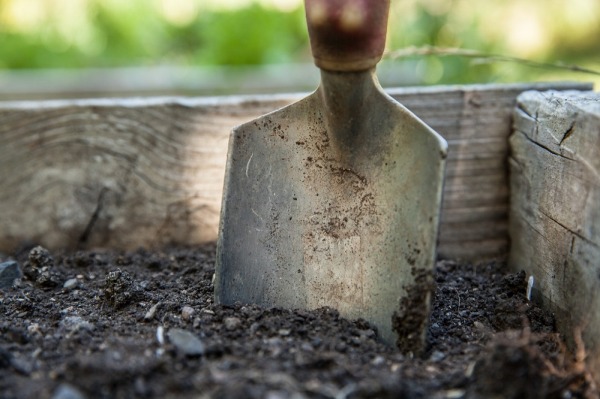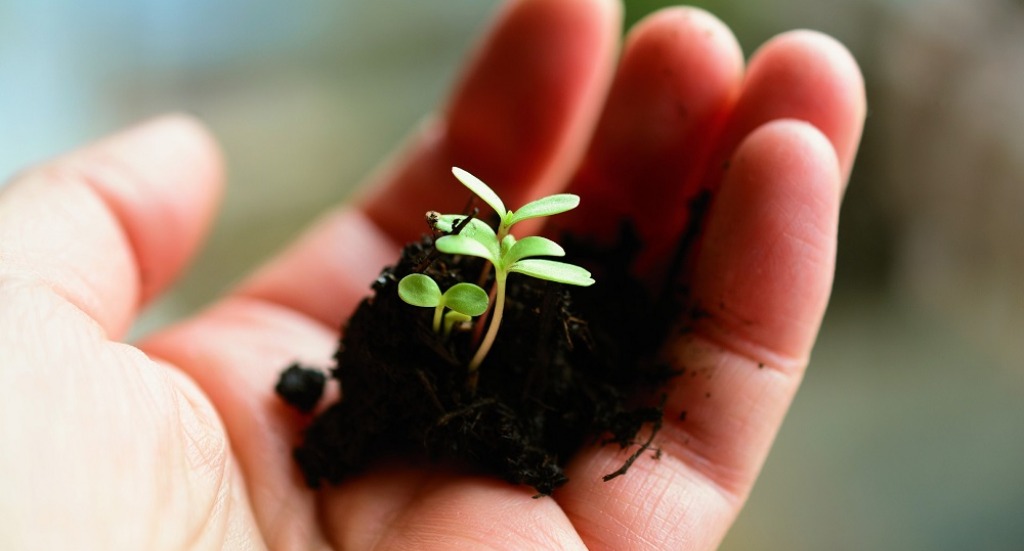The first and foremost step to protecting your plants for them to lead a healthy life is to take care of the garden soil. Adding chemicals to your garden soil will result in long-term damage to the crops and soil both. Here we provide you with a quick guide on how to take care of your garden soil in an organic way.
Let’s begin with 7 Way to take care of Garden Soil
1. Fertility
We are sure that you know this one. Compost is decayed organic material that acts as a fertilizer for crops. Widely used in farms, it is effective for garden soil as well. Maintaining the fertility of crops comes hand in hand with a balanced pH level. Adding compost to the soil will ensure that as well. If you want your rich garden soil to be just how it is, then fertilize it every once in a while.
2. Manure
The most organic way of maintaining your Garden Soil’s health is to add animal manure. Cow manure, rabbit manure, horse manure is some of most effective animal manures that will ensure the well-being of the soil. Fresh manure is usually harmful for garden plants as it is too hot and might damage them with burns. Make sure to use an old manure for best possible results.

3. Plant Spacing
Maintaining a correct space between plants will keep the nutrients of the soil intact. Overcrowding of plants may result in depletion of nutrients. You will soon start to see dead plants at certain distances for the same reason. While preparing the seedbed, ask a soil expert to suggest you with best spacing requirements.
4. Mulching
Mulch is a protective material that is spread all over the garden to regulate soil temperature, prevent evaporation, and ensure an overall enrichment. Newspapers, plastic, leaves, wood chips, straws, and even compost are widely used for mulching. All the materials have distinct properties ranging from weed control to preventing erosion.
5. Rotate Crops
Rotation of crops is a favorable process wherein different crops are grown in the same part of the garden over a period of time to counteract depletion of nutrients. It is advised to change crops once every year. If a certain part of your garden inherits a plant for over a year, chances are that pest and weeds will be immune to attacks.
6. Pest Control
The usage of pesticides and insecticides should be prohibited because if the plants are weak they might be killed when sprayed on with such chemical based products. However, organic pest control can still be carried out. It is not as effective as chemicals but will do the job for your garden. Take regular inspection and soil tests to ensure that the pests are killed, if any. Use organic pesticides for the same.

7 . Acidity
The level of acidity that your plants can tolerate depends on their kind. Some crops require to be grown under slightly high acidic levels while others need an alkaline soil for better nourishment. Take soil tests to figure out the pH level that your soil holds. You can easily find out what suits your plants with a google search. You can always regulate the pH of your soil by some amendment or addition of a certain substance. Sulphur is one such example. Addition of Sulphur will result in lowered pH level and thus high acidity.
Conclusion
Garden Soil requires a regular but low maintenance. The ways mentioned above will look after the improvement in soil’s texture, reduction of weeds, prevention of erosion and ensure the nurturing of your plants. If you want to preserve your plants like a parent, then it’s important to go that extra mile. Our tips will keep your soil and plants healthy.
